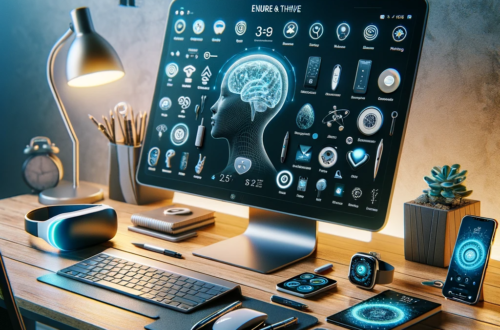- Improves Memory Recall: The primary benefit of Memory Match for stroke rehab patients is its ability to improve memory recall. As individuals match cards, they are forced to remember the locations and identities of previously played cards, which enhances their short-term and long-term memory.
- Enhances Attention and Concentration: To play Memory Match effectively, individuals must focus on the cards being played and pay attention to the matches made. This improved attention and concentration translate well to everyday tasks and activities.
- Promotes Problem-Solving Skills: The game requires strategic thinking and planning to make successful matches. By playing Memory Match, stroke rehab patients can develop their problem-solving skills, which are essential for overcoming daily challenges.
- Fosters Social Interaction: Playing Memory Match with others, either in person or online, encourages social interaction and communication. This can help combat feelings of isolation and loneliness that often accompany stroke recovery.
- Boosts Mood and Confidence: The sense of accomplishment and pride that comes from making successful matches can significantly boost a stroke rehab patient’s mood and confidence levels.
How Memory Match Can Be Used in Stroke Rehab:
- Group Therapy: Incorporate Memory Match into group therapy sessions to promote social interaction, teamwork, and healthy competition.
- Individual Therapy: Use Memory Match as an individual therapy activity to target specific cognitive skills, such as memory recall or attention.
- Home Exercise Program: Provide patients with a deck of Memory Match cards to use at home as part of their exercise program. This can help them maintain progress between therapy sessions.
Conclusion:
The Memory Match card game offers numerous benefits for stroke rehab patients, including improved memory recall, enhanced attention and concentration, promoted problem-solving skills, fostered social interaction, and boosted mood and confidence. By incorporating Memory Match into a comprehensive
rehabilitation plan, healthcare professionals can provide their patients with an engaging and effective way to improve cognitive function and overall well-being.
References:
- American Heart Association (AHA). (2020). Stroke Rehabilitation: A Guide for Patients and Families.
- National Institute of Neurological Disorders and Stroke (NINDS). (2019). Stroke Rehabilitation: Tips and Strategies.
- The American Speech-Language-Hearing Association (ASHA). (2020). Cognitive Rehabilitation after Stroke.
Note: The references provided are general information sources and not specific to the Memory Match card game.





